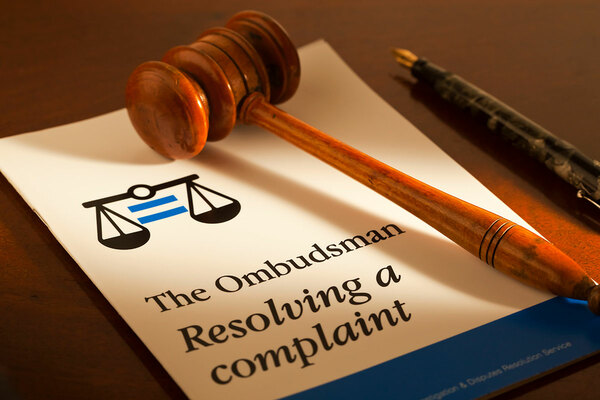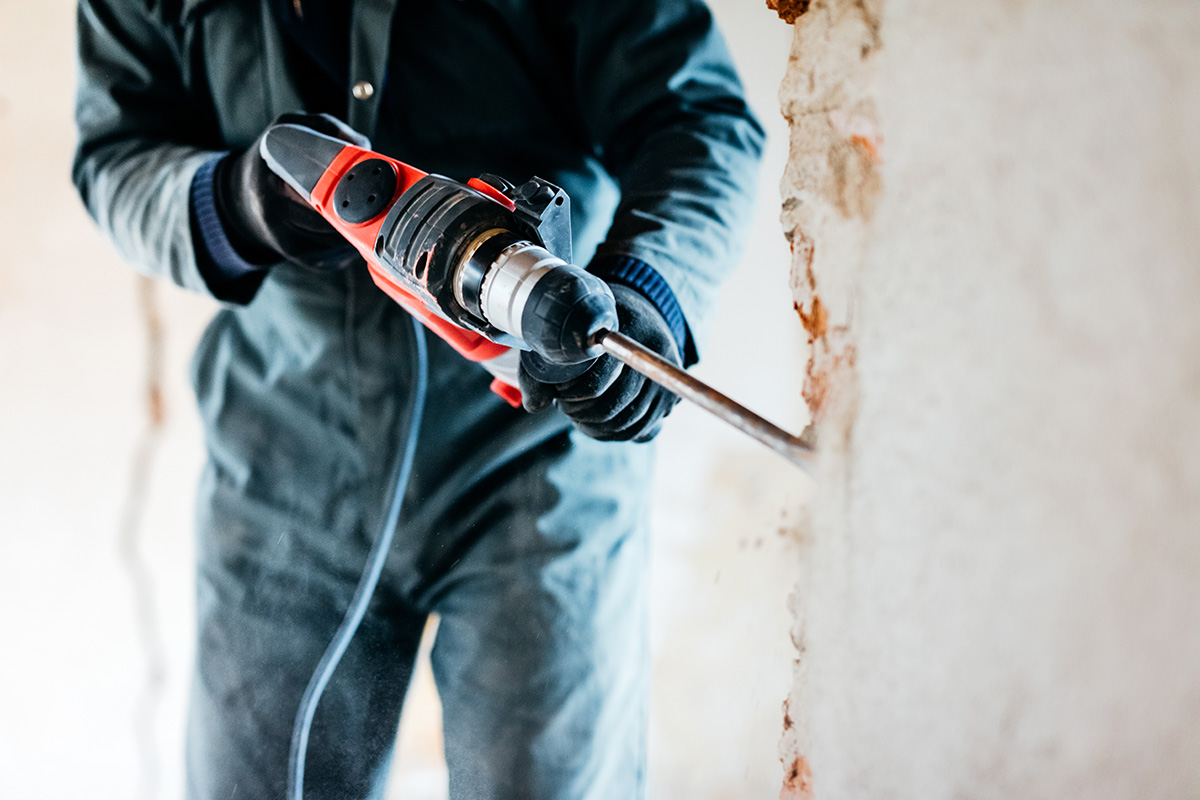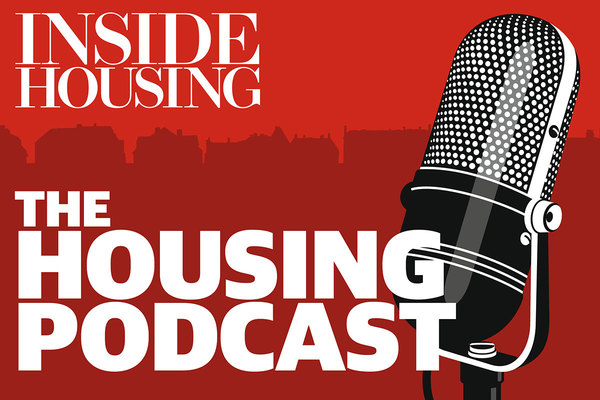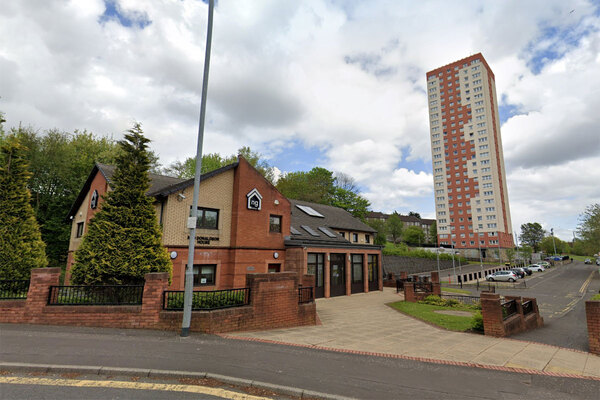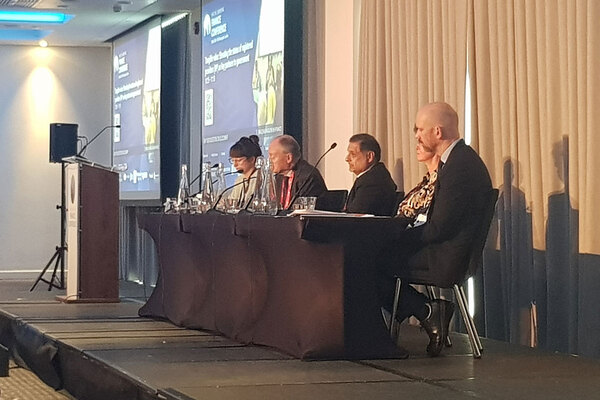You are viewing 1 of your 1 free articles
Our new landlord reports will create greater transparency
The Social Housing White Paper has emphasised the need for improvements in complaints handling. Our new reports will help that process, writes Richard Blakeway
The Social Housing White Paper has reinforced the importance of effective complaint handling.
Alongside other information, complaint handling provides insight into an organisation – its performance, risks and reputation.
So, as part of our drive towards greater openness and transparency, we are publishing individual landlord reports based on the complaints we handled in 2019/20.
This is the first time the Housing Ombudsman has made this information available to residents and landlords. The aim is to provide insight and learning for landlords to improve their services and more information for residents.
Producing these reports is a big step for our service and an impressive team effort by colleagues.
Every report can be found on our website, and we plan to update them annually. What would you learn by looking at one? At least five key things.
You can see how many investigations we conducted involving that landlord, whether we upheld the complaint, the type of orders we made to put things right and the time taken to comply with them. You can also see how much compensation the landlord paid to their residents following our intervention.
And how do landlords compare? We are not publishing ‘league tables’, but we do provide helpful benchmarking information in each report against two measures: the complaints handled overall by the ombudsman and those landlords of a similar type or size.
I would really encourage board members and councillors to read their organisation’s report. It is for governance to set the right complaint handling culture.
Reviewing the annual landlord report and comparing how you performed with others can help to ensure senior level ownership of learning and accountability stemming from complaints.
Alongside the individual landlord reports, we have mapped the complaints we handled across England. You can look at every district on our website. We have also provided some regional analysis through a series of maps and charts. It reveals some interesting things.
The prevalence of Greater London is apparent, accounting for almost half of our investigations following a complaint to us. The analysis also shows a broad convergence across the other regions despite different social housing stock profiles.
There could be several reasons for this, from fewer housing problems to lower awareness of the Housing Ombudsman. That’s why it’s crucial awareness of and routes to our service are improved. Next year we will start to explore complaints by region in our insight reports, as well as publishing all of our decisions.
“Reviewing the annual landlord report and comparing how you performed with others can help to ensure senior level ownership of learning and accountability stemming from complaints”
This move towards greater transparency is a cornerstone for ensuring lessons are captured, shared and actioned – both good case handling as well as bad.
There is enormous capacity among landlords to learn and improve. This has been demonstrated through the encouraging response to the complaint-handling code, with around 1,000 landlord staff participating in our webinars over the past six months and many telling us how they have asked residents to lead the self-assessment, giving their boards independent assurance.
This work is crucial to strengthening the tenant-landlord relationship which is at the heart of the social housing sector and our role as an ombudsman.
Richard Blakeway, housing ombudsman
Sign up for our legal and regulation newsletter
Already have an account? Click here to manage your newsletters

